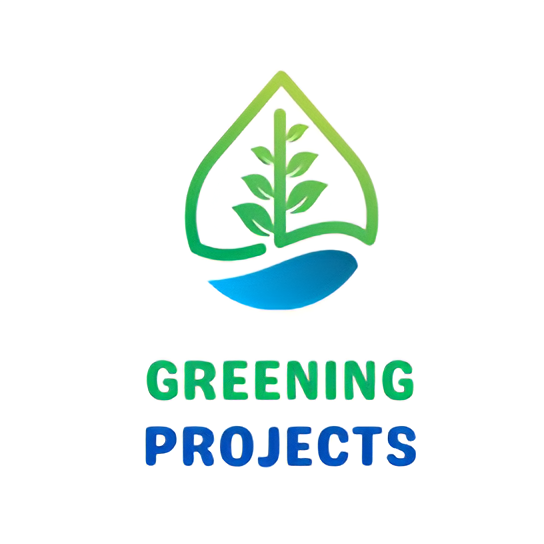Sustainability in project management is a topic that has been around for decades. More recently, equity in project management was introduced as professional project managers acknowledged the importance of “happy and satisfied” team members. These team members, who are paid fair wages and have safe and comfortable working conditions, are important in achieving project success. However, in the past year, the pandemic and the call for social justice have demonstrated that there is still a need to improve equity and sustainability. Also, it has been reconfirmed that sustainability and equity are interwoven, as we can see in the popular diagram below, which includes the main components governing sustainability:
The economic and social components shown above yield equity when they are present and work collaboratively together. Therefore, the absence of either undermines the ability to achieve equity, which is why the following issues continue to plague our cities and communities:
- Health risks are greater and disproportionately impact minorities and people with low incomes.
- Poorer neighborhoods located in and around polluted environments
- Economic disparity based on gender and race
As professionals in our own fields and project managers, especially those of us certified by the Project Management Institute, we have an ethics code that we must follow. However, often, we only adhere to this code’s basic tenets, the work contract, and our stakeholders’ expectations, but we do not go much further. This is primarily because we are bogged down with other tasks or unaware of what else we can do. We forget that as project managers, we can promote sustainability and equity with the required moderate effort. For example:
- Scope: in both the product and project scopes, we recommend following sustainable guidelines, whether or not we pursue certification. For example, as engineers or architects, it would be great to have the buildings we design LEED-certified. Still, at a minimum, we can put the metrics and requirements that make a building more energy-efficient and healthier for its residents.
- Quality: frequently, quality metrics include requirements and features that make the product or service more sustainable, recyclable, and or ecologically friendly. As project managers, we can work with our clients to encourage them to require higher quality standards, leading to more eco-friendly products and services.
- Resources: purchasing and using eco-friendly materials, equipment, and supplies will improve the sustainability of our products, which lead to a more sustainable environment. Additionally, as resources also include staff, we can ensure that our external team members are paid fairly, have optimal working conditions, and are treated fairly.
- Procurement: Besides purchasing eco-friendly materials and supplies, as noted above under “Resources,” Procurement also includes outsourcing work, which relates to both sustainability and equity. Again, as project managers, we have an ethical and often legal obligation to ensure that anyone working on our projects is justly treated and paid. However, we often leave these details regarding contract language and its enforcement to our firms’ attorneys and sponsors. A better approach than this might be to ensure that all project staff is treated justly.
As we all know, sustainability requires extensive collaboration between many stakeholders and is often promoted by the client or sponsor. However, as project managers, we have the opportunity, at the very least, to raise the issue of introducing sustainability into our projects.
Jorge Romero-Lozano, Dipl. Ing. (PE), LEED AP, PMP
Mr. Romero-Lozano studied civil engineering and construction management in California. He is a registered professional engineer (PE) in California, holds the title of Diplom Ingenieur in Germany, is a certified sustainability professional LEED AP) from the United States Green Building Council (USGBC), and holds several certifications, such as project management professional (PMP) from the project management institute (PMI.) He is highly experienced in project, construction, and facilities management in the automotive, manufacturing, pharmaceuticals, infrastructure, and civil engineering industries.

